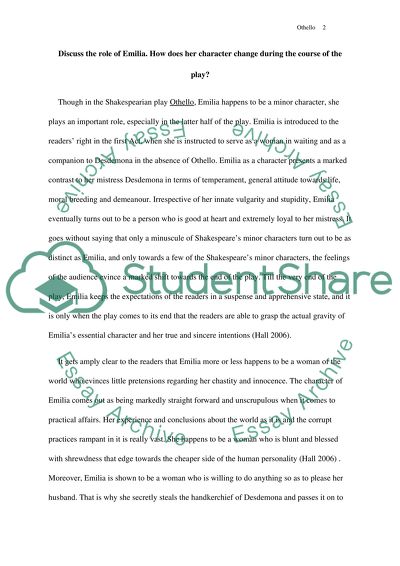Cite this document
(“Othello - 2000 word essay on either 1) It has been said that Othello”, n.d.)
Othello - 2000 word essay on either 1) It has been said that Othello. Retrieved from https://studentshare.org/literature/1472020-othello
Othello - 2000 word essay on either 1) It has been said that Othello. Retrieved from https://studentshare.org/literature/1472020-othello
(Othello - 2000 Word Essay on Either 1) It Has Been Said That Othello)
Othello - 2000 Word Essay on Either 1) It Has Been Said That Othello. https://studentshare.org/literature/1472020-othello.
Othello - 2000 Word Essay on Either 1) It Has Been Said That Othello. https://studentshare.org/literature/1472020-othello.
“Othello - 2000 Word Essay on Either 1) It Has Been Said That Othello”, n.d. https://studentshare.org/literature/1472020-othello.


